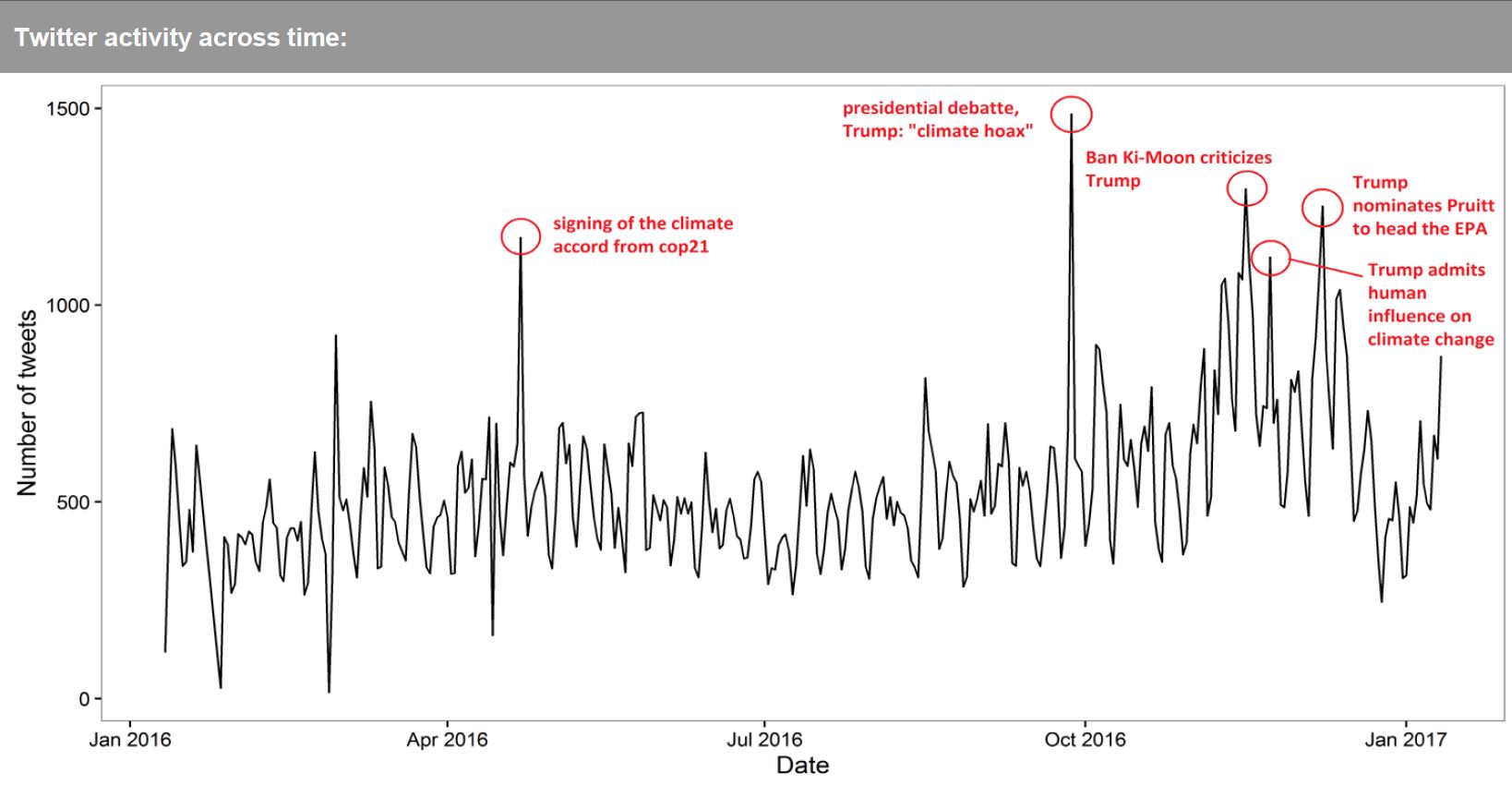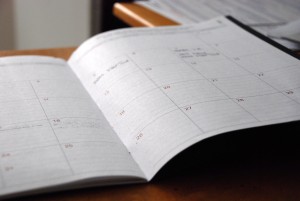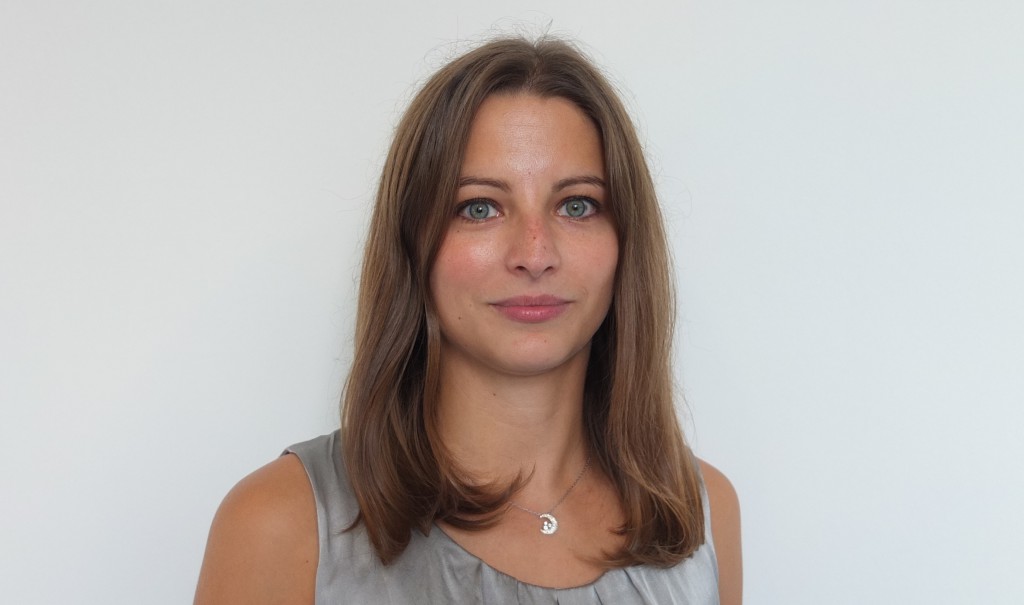In an article for the German journal “Media Perspektiven”, we analysed our survey data from 2015 and 2018, focusing on media use and evaluation of the coverage related to the topic of climate change and climate politics. The article is available here (open access, German only).
![]()
In einem Artikel für die Fachzeitschrift “Media Perspektiven” haben wir unsere Befragungsdaten aus 2015 und 2018 im Hinblick auf die Nutzung und Bewertung klimapolitischer Medieninhalte ausgewertet. Der Artikel ist hier online zugänglich.


 von Fenja De Silva-Schmidt
von Fenja De Silva-Schmidt How do German citizens perceive climate change? What do they know about climate politics? And how do they evaluate national and international efforts against climate change?
How do German citizens perceive climate change? What do they know about climate politics? And how do they evaluate national and international efforts against climate change?